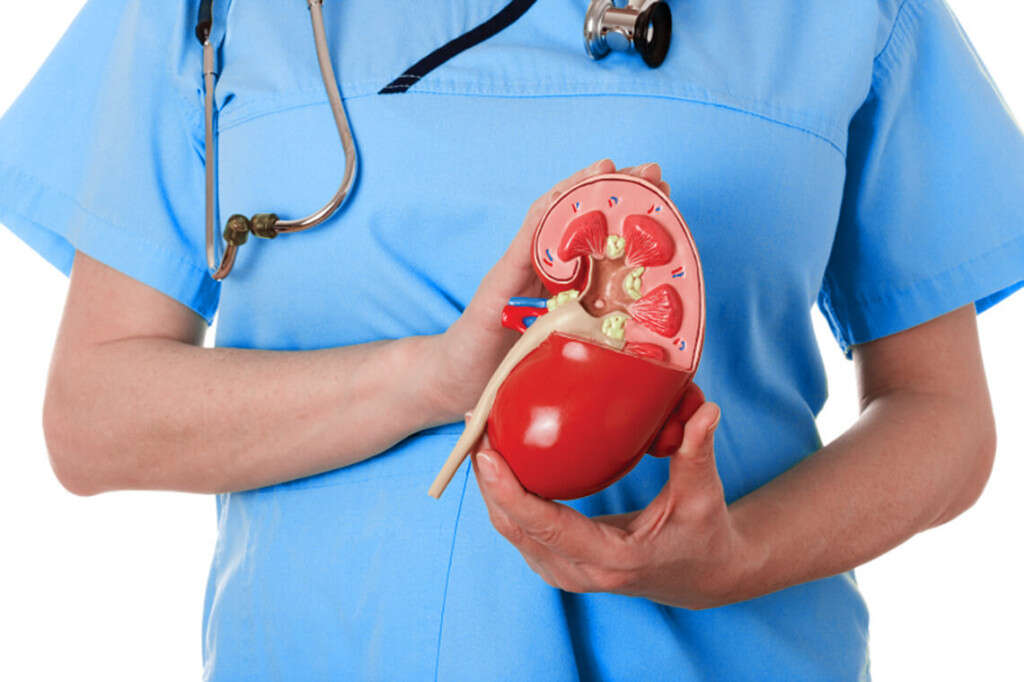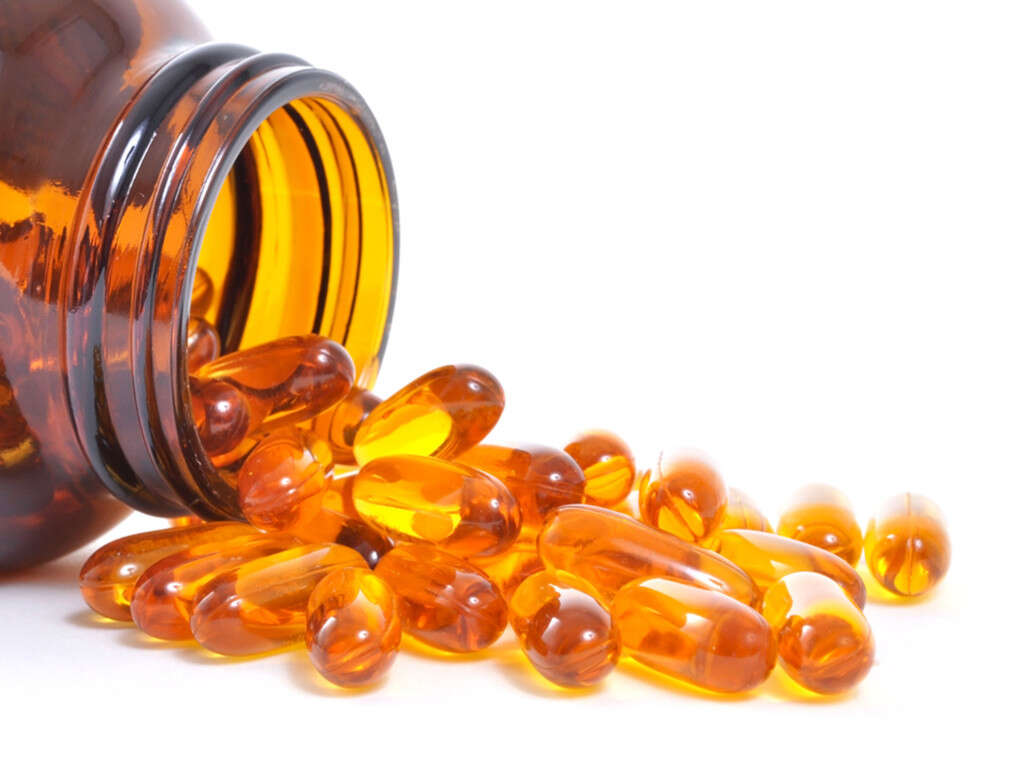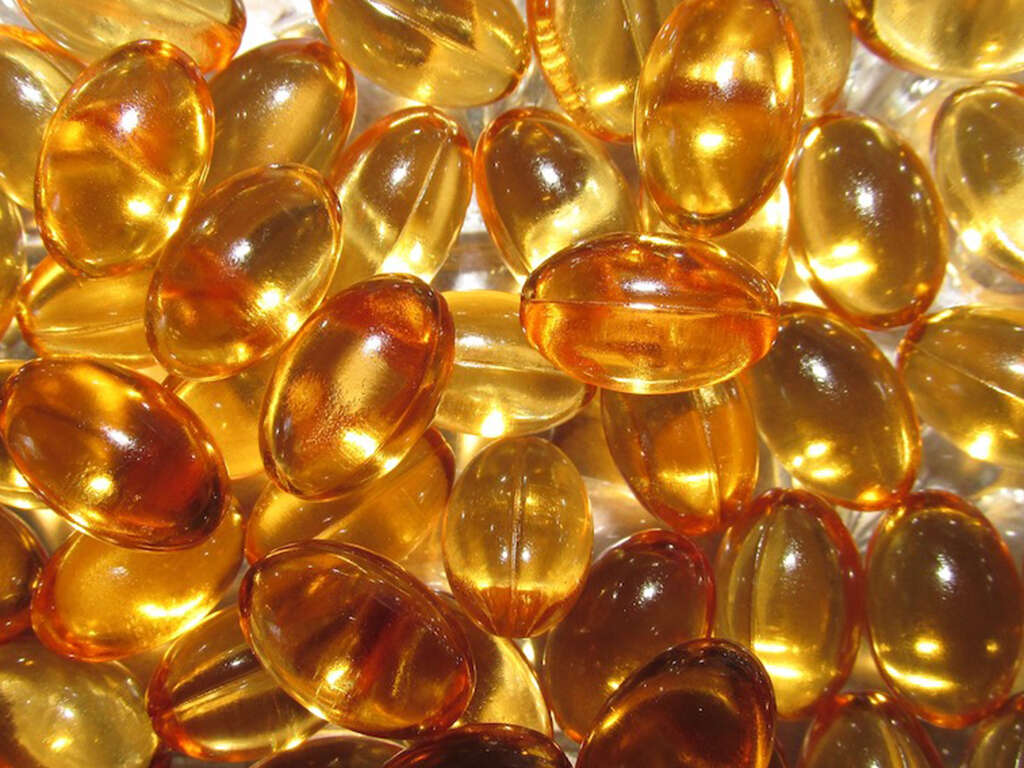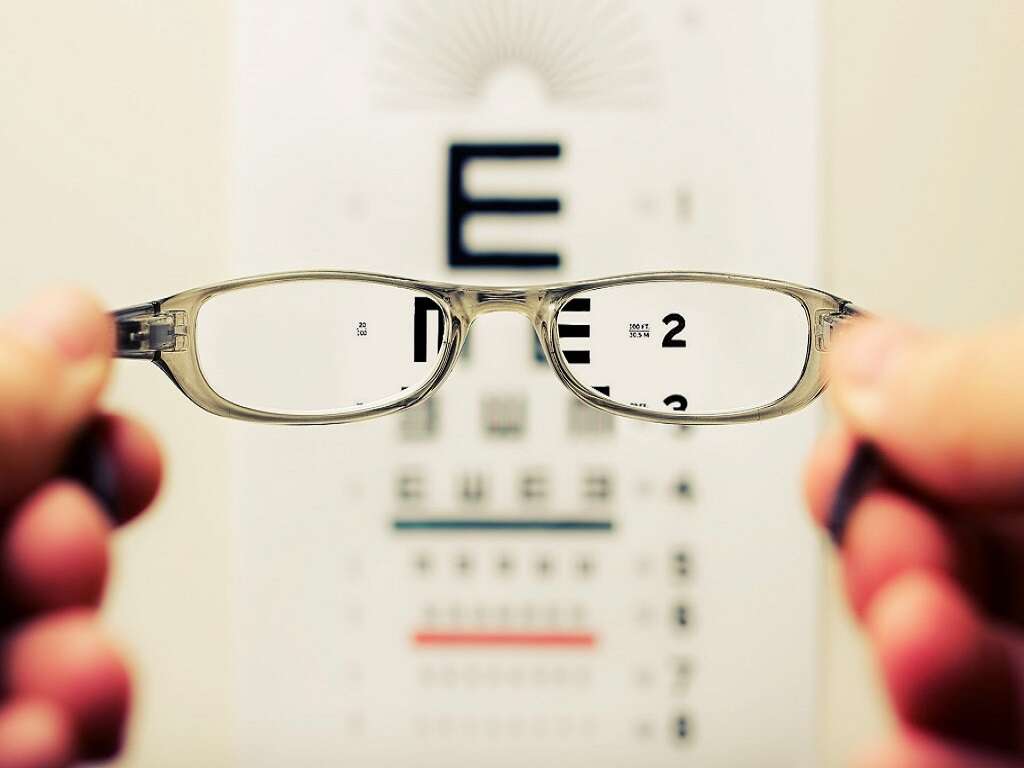10 Side Effects of Vitamin D
Vitamin D is an important vitamin because it helps the body to absorb the calcium we need for a healthy skeleton. Without it, we can develop problems such as rickets and other complications associated with the bones. It is also important for various other functions within the body.
Vitamin D is not as common in our food as some other vitamins are. This encourages many people to use supplements which are, for the most part, beneficial.
Use too much vitamin D, though, and you are likely to encounter any of various side-effects. Here’s a look at some of the most common side effects associated with vitamin D.
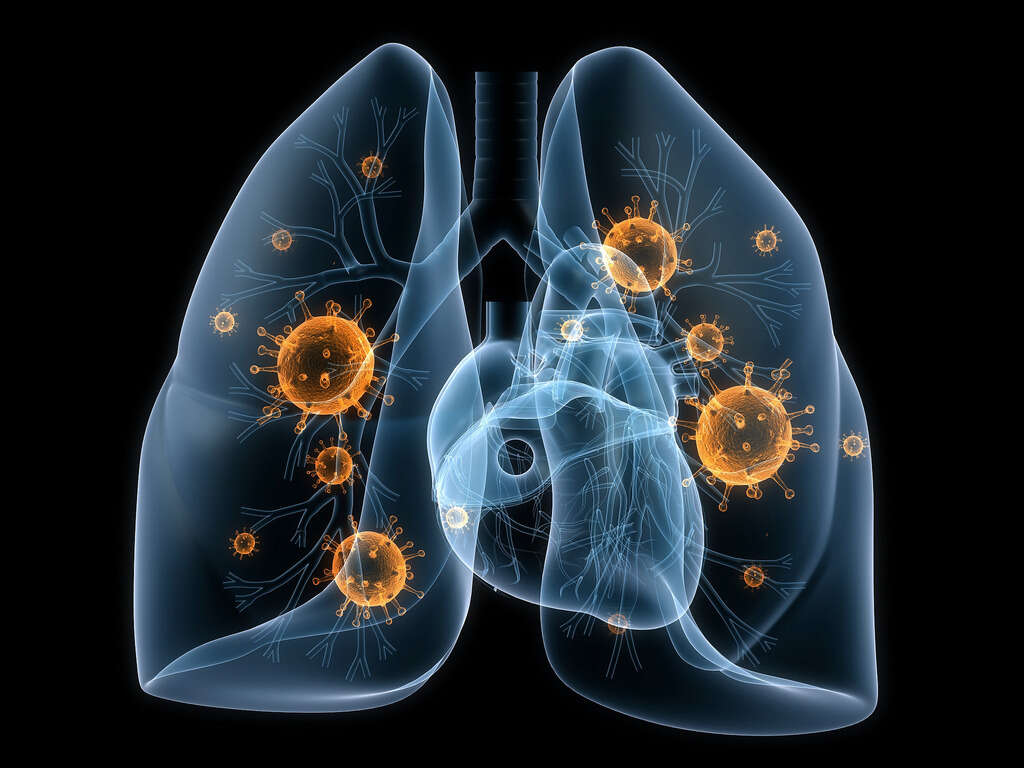
Vitamin D Side Effect #1: High Blood Calcium Levels
Our bodies need calcium. One of the most important benefits it provides is that it helps teeth and bones grow healthy and strong. Insufficient calcium can lead to a range of complications, particularly with the skeleton and it can be especially problematic for developing children and young adults.
While calcium is important to us, though, we also have to avoid having too much of it in the blood. Vitamin D helps the body to absorb calcium from our food. This is a good thing, but too much vitamin D can lead to too much calcium in the blood. Excess calcium in the blood can lead to symptoms such as fatigue, thirst, nausea and stomach pains.
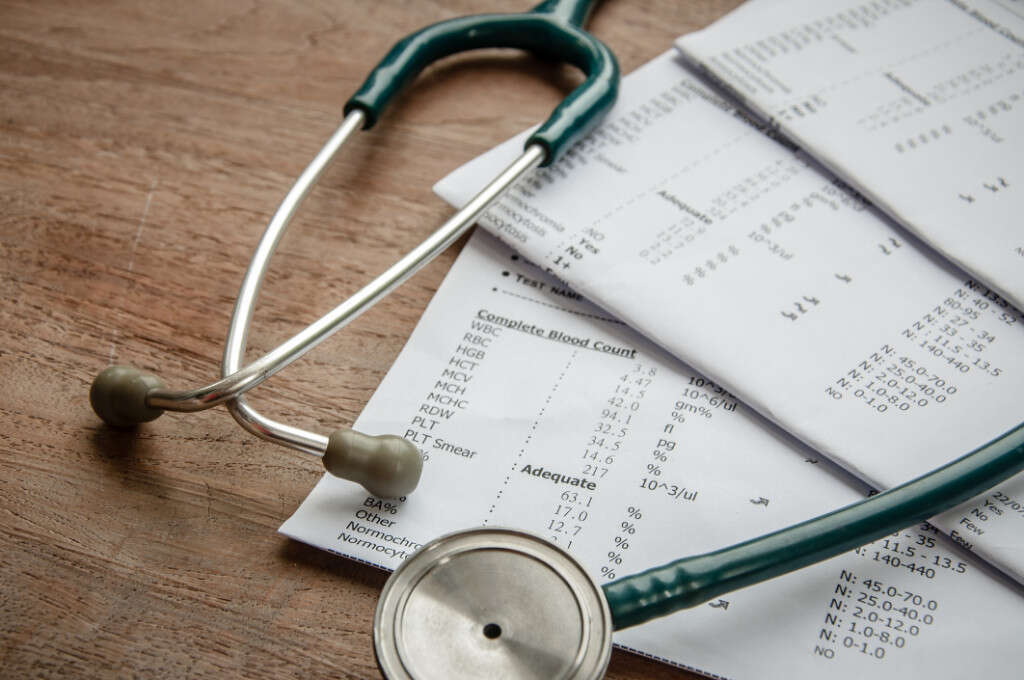
Vitamin D Side Effect #2: Stomach Problems
Having an upset stomach can be very uncomfortable to bear. At times it can be very painful, leaving you curled up in agony. You can also experience digestion problems such as diarrhoea or constipation. This leads to many people avoiding certain foods to prevent getting stomach problems, and some can be very sensitive to stomach irritants indeed.
Too much vitamin D in the diet can cause an upset stomach, often with symptoms such as diarrhoea and/or constipation. This is often due to an increase in the levels of calcium in the blood. The symptoms should hopefully clear up once the levels of vitamin D have normalized.
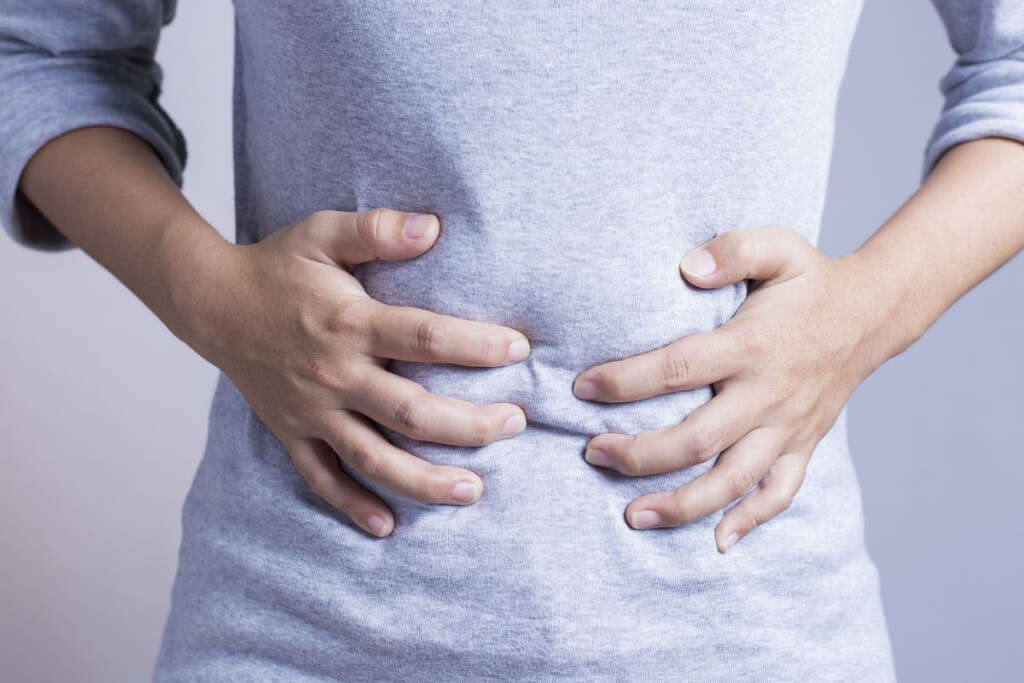
Vitamin D Side Effect #3: Nausea
Nausea can be a result of a wide range of causes. The patient will feel generally unwell and is likely to feel as though they need to vomit. Indeed, vomiting will often occur as a result. The vomiting itself can lead to further problems if it persists for too long so a doctor should be seen if symptoms are prolonged.
These symptoms are often thought to be because of high calcium levels that are a result of too much vitamin D. While they are associated, though, these symptoms have also been observed in people with too much vitamin D and without the high blood calcium levels.

Vitamin D Side Effect #4: Bone Loss
As mentioned above, calcium is very important for a strong, healthy skeleton. This also means that vitamin D is important because it helps the body take the calcium it needs from food. If there is too much vitamin D in the blood, however, then it can have the opposite effect on the health of the skeleton.
Alongside calcium, vitamin K is also important for a healthy skeleton. Studies have shown that too much vitamin D in the blood can lead to less vitamin K, and this is not good for bones. One potential way to overcome this is to take vitamin K supplements, or at least try to get a lot of them in your diet.
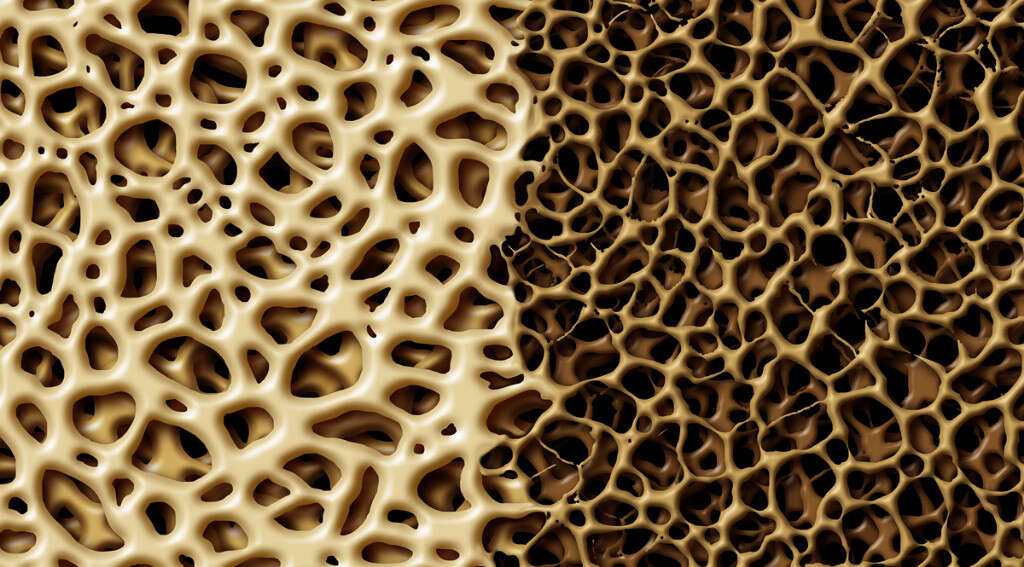
Vitamin D Side Effect #5: Worsens Atherosclerosis
Atherosclerosis is a condition where there is a build-up of plaque on the inside of our arteries. Over time, this plaque can harden and it can cause the passageway in blood vessels to become thinner. This can, in turn, impede the flow of blood and this can lead to various complications such as heart disease.
If you have atherosclerosis already, then too much vitamin D can make the problem worse for you. This is especially the case in people that have kidney disease. If you have any condition involving the cardiovascular system, you should arrange to speak with a doctor if you haven’t already.
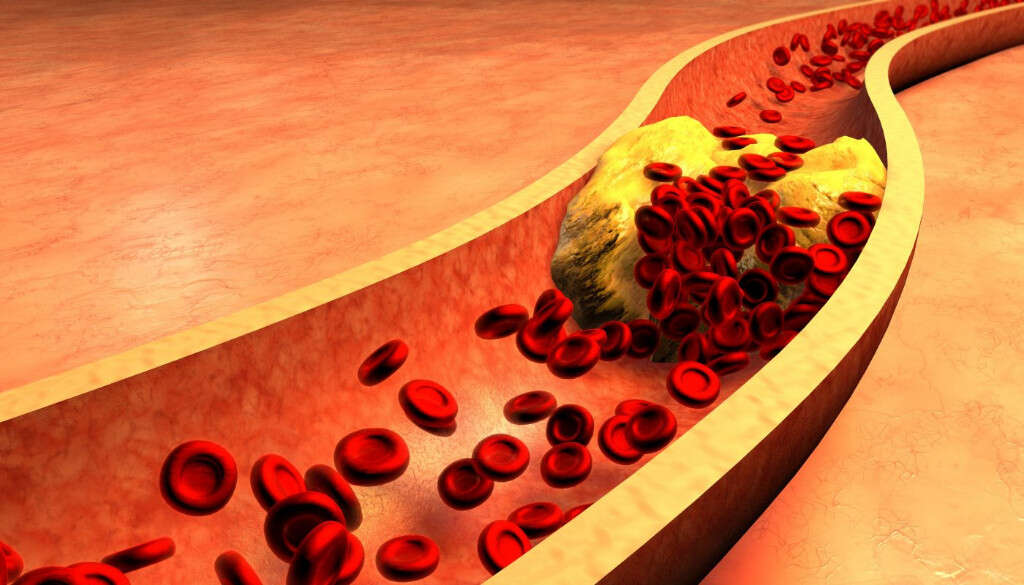
Vitamin D Side Effect #6: Worsens Sarcoidosis
Sarcoidosis is a condition that causes inflammation in the various organs throughout the body. The lymph glands and lungs are usually affected most of all. Sarcoidosis can lead to nodules of inflamed tissue developing in the organs. These nodules can affect the physical structure of the organs, potentially affecting how well they function.
For people that already have sarcoidosis, excess vitamin D can make the situation worse. This can lead to an increased chance of kidney stones forming, while it can also cause other problems to arise. If you do have sarcoidosis, it is wise to use vitamin D with caution.

Vitamin D Side Effect #7: Histoplasmosis
Fungi are all around us pretty much everywhere we go. The vast majority are completely harmless to us and many will even end up on our dinner plates. Some, though, are harmful and can cause some quite nasty infections. One such infection is histoplasmosis, which is a fungal infection of the lungs.
Histoplasmosis is caused when the patient inhales capsulatum fungal spores. These spores are often found in the central and southeastern states. Too much vitamin D in the diet can increase calcium levels in the blood if you have histoplasmosis, so it is best to keep clear should you have such an infection.

Vitamin D Side Effect #8: Vitamin D Toxicity
Our bodies rely on numerous nutrients if we are to remain alive and well. We might fall ill if we lack in some vitamins, or we could even die in some cases. Despite their importance to us, however, they could also cause us to become very ill if we have too much of them. They are often both essential to us, and potentially toxic to us.
Vitamin D is one example of a vitamin that can be harmful if we consume too much. Symptoms can include but are not limited to fatigue, nausea and forgetfulness. Such cases are rare because it will take a great deal of the vitamin for it to become toxic, but it is still recommended not to consume too much.
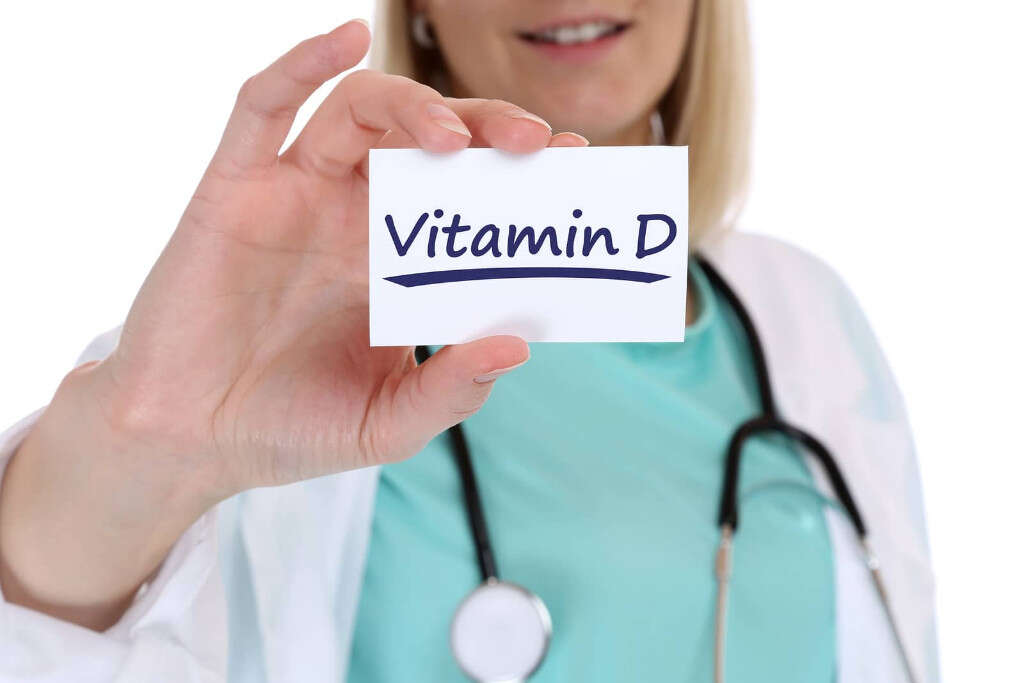
Vitamin D Side Effect #9: Breast Feeding
A mother’s milk is made directly from the food that she eats and the liquids that she drinks. The good parts such as calcium and protein are used to make the milk, while toxins are usually filtered out. The milk will also contain various vitamins and minerals, including vitamin D.
While vitamin D in breast milk is ok in normal levels, it can be harmful to the baby if too much of it is present. Breastfeeding mothers should be careful when using any vitamin D supplements or any other kind of supplement that might be harmful. You should check with your doctor if you are unsure.

Vitamin D Side Effect #10: Kidney Failure
Our kidneys are essential to us because they help remove toxins from the body. Without them, our blood would become toxic to us, and we would simply die. This makes it essential to help keep them in good condition, and our diets will go a long way to helping achieve this.
Various types of food will give the kidney a hard time and increase the chances of it failing. This includes vitamin D and studies have shown that it is a common problem among people that have developed vitamin D toxicity. While failing kidneys can often be helped with medication, the damaged caused is usually permanent meaning you should be as careful as possible.
